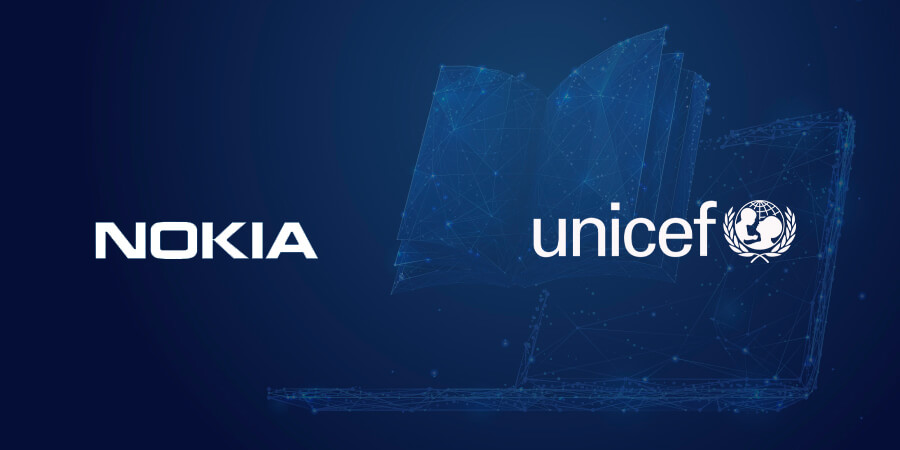Nokia, a major manufacturer of mobile devices and telecom infrastructures has partnered with UNICEF to provide more accessible digital education and training in some regions of Senegal, West Africa, in an effort to reduce the digital gap.
The company tweeted that Nicole Robertson, Vice President of Environmental, Social, and Governance, praised this collaboration. “I am delighted to announce Nokia’s partnership with UNICEF to advance digital skills and coding for children and young people in Senegal.”
Nokia helps close the digital divide by connecting underprivileged populations. Connectivity and digital skills increase employment, education, healthcare, and digital economy involvement.
Nokia and UNICEF planned to include instructors and students in the desolate areas, with over 100 teachers and over 10,000 middle school pupils.
The term “digital divide” is used to describe the gap between those who have access to digital experiences and those who do not, such as technology, the internet, etc.
Digital illiteracy, or the inability to use and maximize digital technology to its fullest potential, and a lack of infrastructure are two common causes of the digital divide.
Read also: Safaricom and Nokia collaborate on Africa’s first 5G slicing trial
Nokia and UNICEF’s digital divide solution
To achieve their objective of providing children and teachers in the remote area of Senegal with access to the Internet and digital education, Nokia and UNICEF have developed a comprehensive plan with the provision of specialized digital training, internet upgrades, and coding training.
According to Silvia Danailov, UNICEF Representative in Senegal, UNICEF protects children and youth from the digital revolution. Digital technology should assist all children in the classroom and at home, regardless of their background.
“This catalytic relationship with Nokia is a big step in improving Senegal’s children’s education through innovative technology.”
It’s remarkable how technology is changing the world. Tech is humanity’s biggest potential in the modern age. Coding will also be incorporated into UNICEF Finland and UNICEF Senegal’s training.
More on UNICEF and Nokia
UNICEF, officially the United Nations Children’s Fund, is a UN agency that provides humanitarian and developmental aid to children worldwide. With a presence in 192 countries and territories, the agency is one of the most well-known social welfare organizations. UNICEF provides vaccines, illness prevention, HIV treatment for children and mothers, nutrition, sanitation, education, and disaster assistance.
Nokia, a Finnish multinational telecommunications, information technology, and consumer electronics company, was founded in 1865. Nokia’s headquarters are in Espoo, Finland, in the larger Helsinki metropolitan area, but its roots are in Tampere, Pirkanmaa.
Over the past 150 years, the firm has worked in many fields. Since the 1990s, it has focused on large-scale telecommunications infrastructure, technology development, and licensing. It was founded as a pulp mill and has long been associated with rubber and cables. Nokia helped design the GSM, 3G, and LTE mobile phone standards. Nokia sold the most mobile phones and smartphones worldwide for a decade, starting in 1998.
